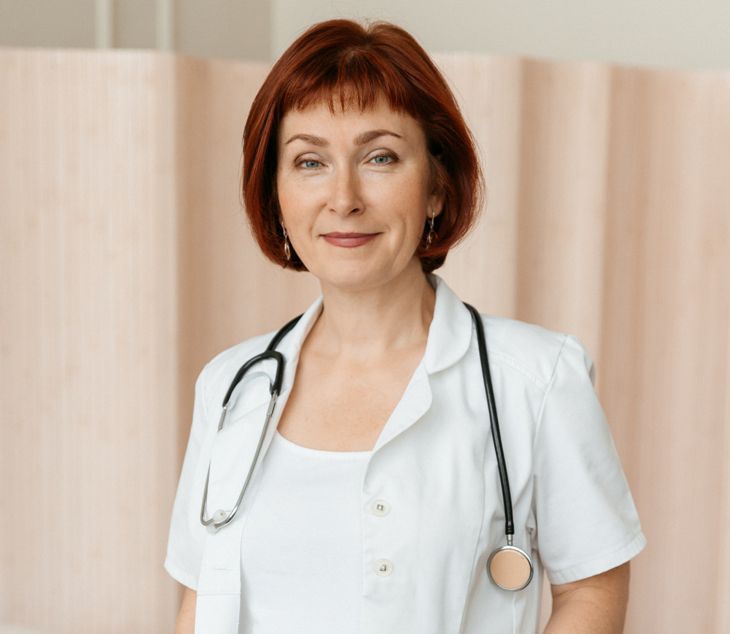Is it possible to diagnose skin cancer yourself: Doctor Lyudmila Artyushkevich gave advice
You can find any information on the Internet. But how can you get information about your own health and interpret it correctly?
When the word "cancer" is heard, critical thinking disappears and information becomes jumbled.
Skin cancer and melanoma are diseases that often occur on the surface of the skin and are accessible for self-examination. But can a person diagnose a skin tumor on their own?
Oncologist of the 1st category of the HappyDerm medical center Lyudmila Artyushkevich notes that a person can only suspect the presence of a tumor, but not make an accurate diagnosis.
Signs of skin cancer and melanoma:

- Rapid growth of education.
- Asymmetry.
- Jagged edges.
- Uneven coloring.
- Diameter is greater than 6 mm.
- Bleeding, cracks and ulcers.
- Itching, burning, tingling in the area of the formation.
- Inflammation at the edges.
- Peeling, formation of "crusts".
It is important to note that there is a high probability of error when self-examining the skin. If one or more signs are detected, it is necessary to contact a dermato-oncologist for consultation and professional examination.
The diagnosis of skin cancer is established by a doctor based on:
- Skin examination.
- Collection of information about the duration of existence of formations, their changes over time, as well as skin tumors in close relatives.
- Dermatoscopy, which allows examination of formations under multiple magnification.
However, even after dermatoscopy, it is not always possible to be 100% sure of the nature of the formation. Therefore, the final diagnosis is established after removal (biopsy) of the formation and histological examination.
It is important to be aware of the signs of skin cancer and to regularly perform self-examination of the skin. However, if any signs are detected, you should contact a specialist for advice and a professional examination.
Frequently asked questions at the reception
Frequently asked questions from patients appear during a doctor's appointment.
The baby has a mole and it is growing. Could it be cancer?
In childhood, malignant skin diseases are very rare, however, for a more accurate answer to this question, it is necessary to consult a specialist and perform a dermatoscopy of the formation.
A colorless spot on my forehead, has been there for several years, peeling. I smeared it with iodine, vinegar and I don't remember what else. What could it be?
In such cases, it is important not to self-medicate, but to consult a doctor who will determine the necessary treatment or monitoring plan.
A colleague's aunt got melanoma after having a mole removed. So I'm afraid to remove mine too.
Sometimes people are afraid to remove moles, especially after a history of melanoma in their friends. However, it is important to understand that if a mole is removed correctly by a specialist, the risks to life and health are minimal.
It is not recommended to remove moles on your own or to contact non-specialized institutions. It is also necessary to clarify the results of the histological examination after removing the mole.
